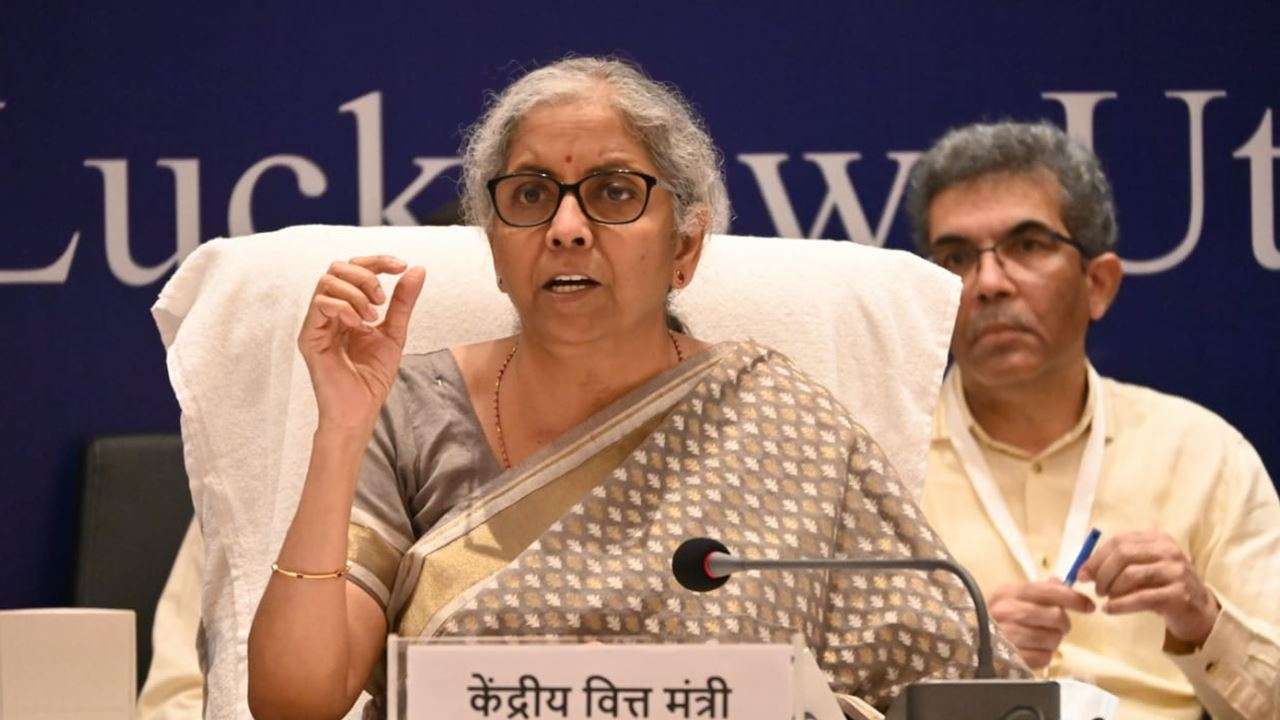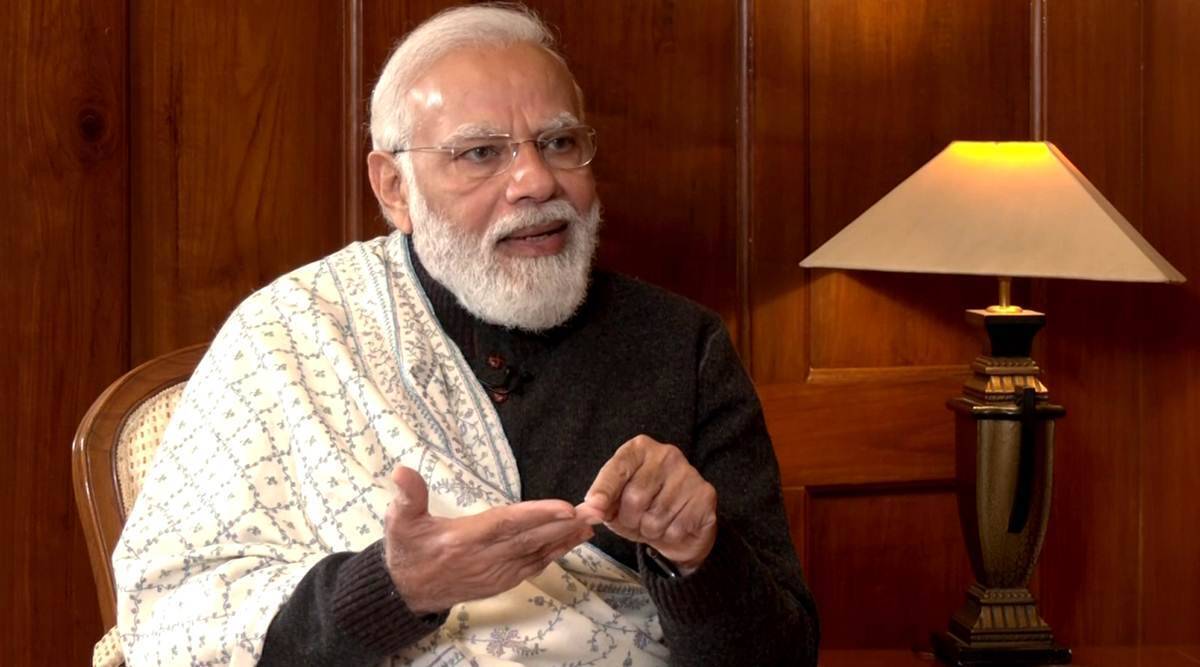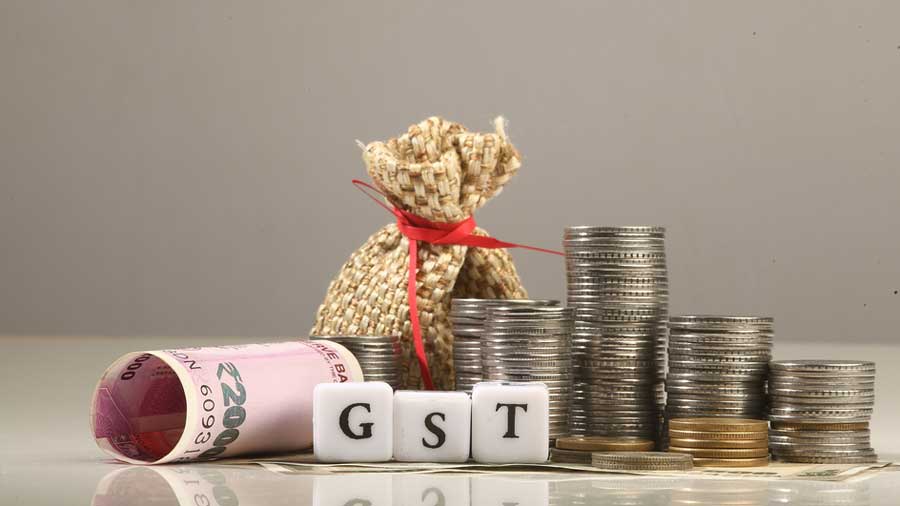Will the rise in prices of 143 items due to GST cause a roar of inflation?

Recently, the Goods and Service Tax Council council has proposed a hike in the prices of 143 items and demanded a review of the same by the states. Also, the step of the government can become a matter of concern for the citizens. In addition, the price of essential commodities will show upswing trends in the coming weeks.

The GST council proposal for the price hike of essential commodities
Since the covid-19 outbreak hit in India then after the inflation of essential commodities is at a peak, and as of now, once again the upward trend is shown in the prices of necessary goods. Today the rising prices of essential commodities are a matter of concern for every citizen. While increasing the prices of 143 items by the GST council, demanding a review from the states on this proposal.

Some of the 143 items that have been included in the proposal by the council are as follows: chewing gums, handbags, chocolate, perfumes/deodorant, apparel or clothing accessories, and many more. As per the report, the 143 items from which 92% will be shifting to 28% slap from 18% slap. Those items involved are custard powder, watches, papad, power bank, below 32 inches of Colour TV set, suitcase, handbags, jaggery (gur), perfume/deodorant, chocolate, ceramic sinks, chewing gums, walnut, googles, frames for spectacles/goggles, non-alcoholic beverages and apparel and clothing accessories of leather.
Out of those 143 items, while shifting papad and jaggery (gur), they have been kept in the category of 5% slap which was earlier in zero. Also, walnut was earlier in the 5% slap category and will now be in the 12% slap. With the upward trend in the rate of GST of wood-made items like tables and kitchenware will now be in the 18% slap category from 12%.

Although, the GST council also proposed that fast-growing or mass-consumed goods will be shifting to 3% slap by removing it from 5% slap along with the rest of the items that will remain to lie in the 8% slap categories. As of now, the four categories of GST slabs are- 5 percent, 12 percent, 18 percent, and 28 percent. The 18 percent is the third slab of GST in this slab, which includes over 480 items lying on this and represents the 70% collection of GST.
Meanwhile, those goods on the exempt list contain unpacked and non-labeled brand food items with no tax. Those goods are likely to be shifted to the 3% slab category as per the report of the GST council. Meanwhile, there might be a reduction of items on the exempt list.
Meanwhile, in June, the compensation regime of GST will be going to end. Along with this, the GST council took forward steps and proposed amendments in the tax structure to proliferate the revenue. As per the report the council has already set up a panel for the suggestions.
According to the report, the meeting will be held in May, the conversation on expanding the 5 percent slab either to 7 or 8 or even 9 percent and the final decision will be approved by the GST council, which includes the finance minister from both centre and states.
Last year, the council had set up a panel of state ministers which was headed by Karnataka Chief Minister Basavaraj Bommai, he had advised proliferating the structure of revenue.
A government with no business: PM Modi
Meanwhile, In the recent dialogue, Prime Minister Narendra Modi said to the news agency ANI that the government has no business be in business. But the irony is that the government is making money on essential commodities. As well as in the coronavirus pandemic, the mass vaccination drive held in India in which the government made biased decisions and ended up taking end up with taking the life of the poor.

Meanwhile, last year when the coronavirus pandemic has been its peak that time government has made a baseless decision by allowing permits to the profitable companies to charge different prices for the same dose of vaccine. Meanwhile, the one nation, one vaccine price has been shifted to one nation, five vaccine prices by the government.
Although the vaccination drive two vaccines have been approved named Covisheild and Covaxin, the centre has enclosed the price of the vaccine at Rs150 per dose, whereas on the flip side government has allowed permits to the manufacturers to fix the price accordingly with state and private hospitals. And the price of Covisheild to the states is Rs 400 per dose, whereas for private hospitals it would be charged as Rs 600 per dose with the Covaxin, the charges to the states are Rs 600 per dose whereas for the private hospitals it would be enclosed on Rs 1200 per dose.
The government broke the record in the collection of GST in April, yet why the change in the tax of 143 items of GST?
Recently, the collection of GST has hit the record, the highest collection of Rs 1.68 lakh crore in April. The collection for April is 20% higher than the last year in the same month. On the flip side, the GST council is still shifting the tax structure of 143 items of essential commodities. Then what about the words of the PM who emphasized the phrase that the government has no business to be in business.





